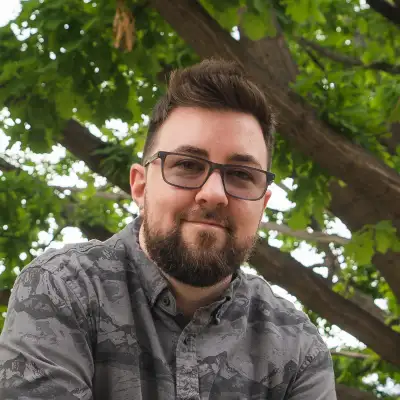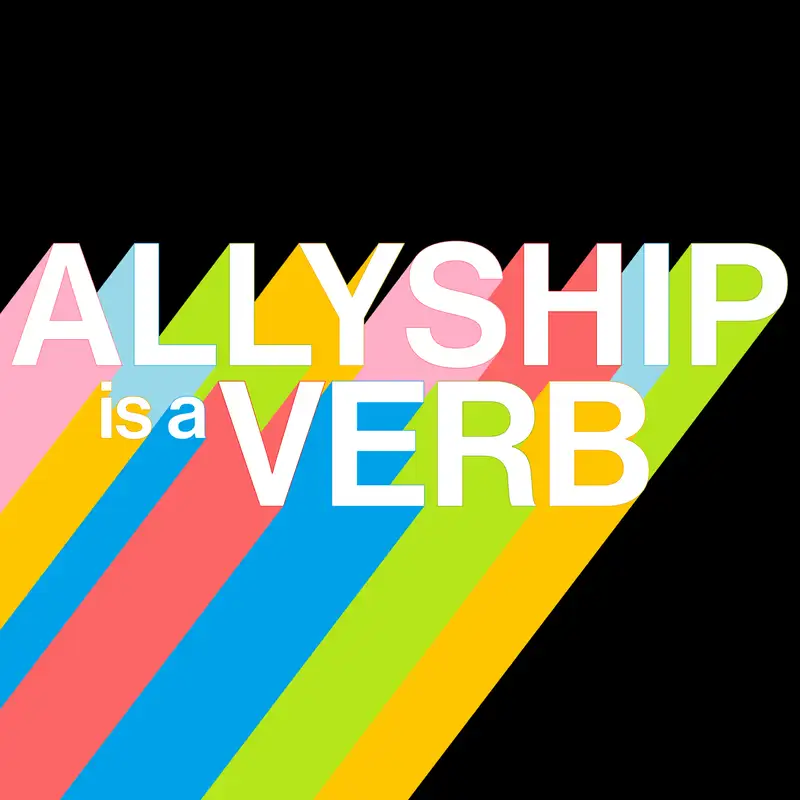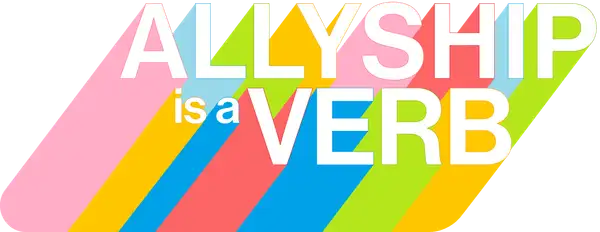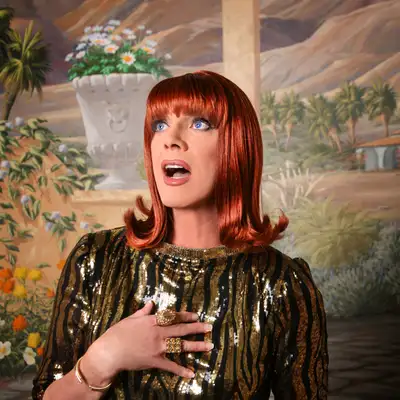Calling in conversations and tips for bridging generations
Are you open to a conversation? In the previous episode, Coco Peru (she/her, he/him) shared out her allyship tip: "What's important is the story. And so I would encourage that part of allyship be don't always judge a person on what they are presenting, but listen to their story. Because the story is where it's rich and the story is where you're going to connect with that person. The person that might appear so different from you, might actually be your greatest ally. So I think that for me, was the biggest lesson in creating Coco."
In this mini-episode, host Chris Angel revisits this tip and shares out a suggestion for calling people in. They also give the following tips/self-reflections for building bridges across generations.
1. Have you built any bridges to connect with people of different generations?
2. Are there voices not being heard or included at events you attend?
3. Is there an LGBTQ+ archive near you? Sometimes they can be dedicated to specific sub-groups. You may find them on college campuses or private collections. There are lots of ways to get involved like looking through their collection, scheduling a tour, attending events, volunteering, and donating financially or pieces to sustain and grow the history for years to come.
4. Have you read any autobiographies? Poetry books or other media published or released by community members? If you are within the LGBTQ+ community, do you know your own history connected to your identities? An archive or library may be able to guide you or offer support.
5. Do you know the stories of any elders, specifically? There are history projects recording stories, such as the The Lavender Effect®’s oral history project. There’s also projects like @theaidsmemorial account on Instagram.
6. Does your local LGBTQ+ center, if you have one, offer any programming where generations or people of various backgrounds can come together? Are there other community organizations? There may be volunteer roles or ways to simply connect. For example, helping to organize a LGBTQ+ conference.
7. Does your local pride event intentionally find ways to bring people together? Since pride has become so commercialized over the years, I’m wondering about programming that helps us to learn more about each other, ourselves, and offer opportunities for connection.
Resources, references, and full transcripts for each episode are available at www.allyshipisaverb.com
Host Chris Angel (they/them) has a background in LGBTQ+ education, community organizing, and social work. Mini-episodes feature any shout-outs, listener-submitted comments and questions, and a dive deeper into the allyship tip the previous guest shared. Please consider following where you listen to podcasts and become a supporter! Keep the conversation going on Instagram @GenderSexualityInfo
Creators and Guests



